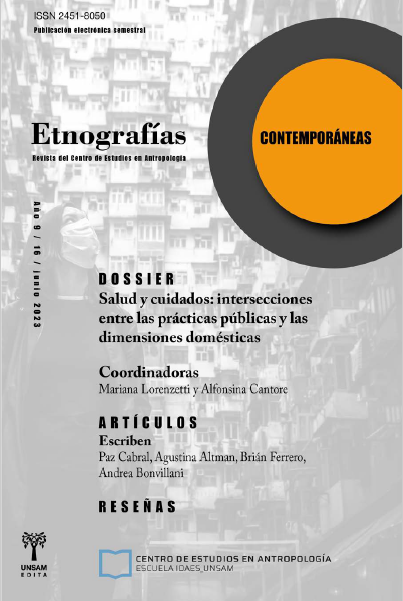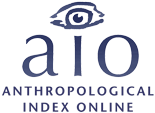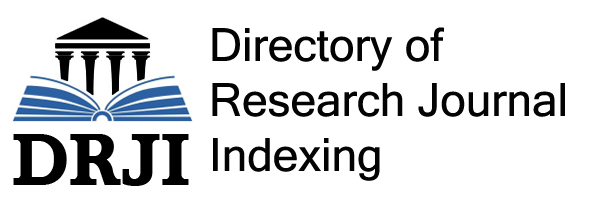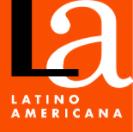Pandemic, practices and everyday life
Keywords:
pandemic, practices, world of everyday life, “new sociologies”Abstract
The general objective of this article is to understand the pandemic from a social practice perspective. It starts from the assumption that a pandemic, rather than a problem of geographical distribution of a disease, constitutes a sudden threat to the current flow of everyday practices. As a process of rupture with everyday forms of being with others, the pandemic demands the development of practices to deal with the different disturbances of the perceived environment. Thus, in view of the importance of understanding what and how actors do to respond to social scenarios, the article explores the theoretical and methodological principles of contemporary socio-anthropological perspectives - the “new sociologies” - which, inspired by existential-phenomenology and pragmatism, seek to clarify and explain questions concerning the “ways of being in the world” of different collectives. In this perspective, pandemic is configured according to the space where the questioning is formulated; it is constituted as something that is done in practice and of practices, in its materiality, in the associations that the actors make in concrete situations. It is precisely because it is necessarily rooted in the world that the pandemic acquires significance.
References
Arendt, Hannah (2010). A condição humana. Rio de Janeiro: Forense Universitario.
Berger, Peter & Luckmann, Thomas (1998). A construção social da realidade. Petropolis, RJ; Vozes.
Bertucci, Liane Maria (2004). Influenza, a medicina enferma. Campinas, SP: Editora da Unicamp.
Corcuff, Philippe (2001). As novas sociologias. Construções da realidade social. Bauru, SP: EDUSC.
DeLanda, Manuel (2011). A new philosophy of society. Assemblage theory and social complexity. London: Continuum International Publishing Group.
Deleuze, Gilles (1992). Conversações. Sao Paulo: Ed. 34.
Dosse, François (2003). O Império do sentido: a humanização das ciências humanas. Bauru, SP: EDUSC.
Douglas, Jack (1971). Understanding everyday life. London: Routledge & Kegan Paul.
Gadamer, Hans-Georg (1996). El estado oculto de la salud. Barcelona: Gedisa.
Heller, Ágnes (1987). Sociologia de la vida cotidiana. Barcelona: Ediciones Peninsula.
Ingold, Tim (2010). “Da transmissao de representacoes a educacao da atencao”. Educação, Ano 2010, N. 33(1), pp 6-25.
Izzo, Alberto (2021). História do pensamento sociológico. Petropolis, RJ: Vozes.
Jacobsen, Michael (2009). Encountering the everyday. New York: Palgrave Macmillan.
Joas, Hans (1996). The creativity of action. Cambridge, UK: Polity Press.
Joas, Hans & Knöbl, Wolfgang (2017). Teoria social. Vinte lições introdutórias. Petropolis, RJ: Vozes.
Leo, Carlo Giacomo (2021): “Burnout among healthcare workers in the Covid 19 era. A review of the existing literature”. Frontiers in Public Health, Ano October 2021, N. 9, pp. 1-6.
Melnikow, Joy (2022). “Frontline physician burnout during the Covid-19 pandemic; national survey finfing”. BMC Health Service Research, Ano 2022, N. 365, pp.1-8.
Mol, Annemarie (2018). “Corpos multiplos, ontologias politicas e a logica do cuidado: uma entrevista com Annemarie Mol”. Interface, Ano 2018, N. 22, pp. 295-305.
Picó, Josep (2003). Los años dorados de la sociologia (1945-1975). Madrid: Alianza Editorial.
Ribeiro, Maria Izabel Branco (2012). “Arte e doenca: imaginario materializado”, en Monteiro, Yara Nogueira; Carneiro, Maria Luiza Tucci (comps): As doenças e os medos sociais. Sao Paulo: Fap-Unifesp.
Savransky, Martin (2016). The adventure of relevance. An ethics of social inquiry. London: Palgrave/Macmillan.
Schutz, Alfred (1973). Collected Paperes I (The Problem of Social Reality). The Hague: Martinus Nijhoff.
Sheringham, Michael (2009). Everyday life. Theories and practices from surrealismo to the present. Oxford: Oxford University Press.
Simmel, Georg. (1939). Sociología I. Buenos Aires: Espasa-Calpe Argentina.
World Economic Forum (2021). The Global risks report, 16th Edition. Zurich Insurance Group.
























